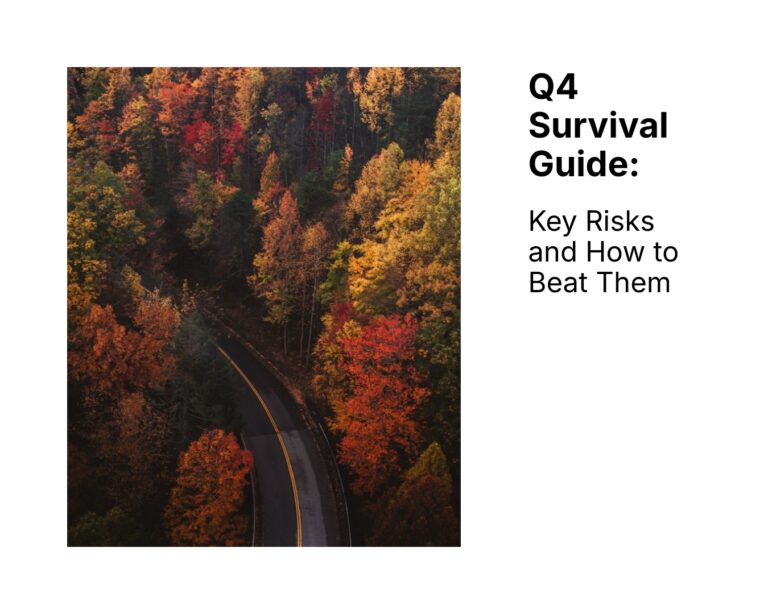How to boost the sales value of your company

If you are thinking of selling your business one day, even if it is in 5 years’ time, you need to begin boosting the sale value today. If and when you finally sell, your buyers, their lawyers, consultants and accountants, will all be looking through your company’s past history… in extreme detail. Possibly for the previous 5 years. Here’s what you can do now to make sure you get highest price for the sale of your business.
Growth. Steady, financial growth is essential. Have a clear written down plan on how fast the business will grow, and how you are going to achieve it. When your buyer’s representatives are unpicking your year on year financial statements, they will be looking for anything that can lower the sale price. If your accounts reveal nice and steady revenue and net profit growth, you’re singing.
Profits. Very few people are going to buy you, or at least at a good price, if you are not even making a profit. Do everything in your power to make a profit, and then increase it year on year. Increase your revenues be it through expanding existing clients, or by winning new business, increase efficiencies and eliminate waste. Is work being duplicated? Are costs being duplicated? Do everything you can to maximise this. A common way to value a company is to take their post-tax profits and times it by a number- let’s say 5 for example. In this scenario, if you increase your profit by £100, it has increased your sale value by £500. Every pound counts.
No skeletons. Skeletons in the financial closet= price slashing. Have procedures and processes for most things, in particular everything financially related. Have a folder for company policies which can be easily reached. They should include things like capital expenditure and sign off policy, expenses policies, credit control procedures- all the basics. Your balance sheet accounts should be reconciled monthly when you close your books for the month. This may sound standard for many, but so many small companies wait until the end of year only to find a whole heap of surprises. Do you know what’s in your WIP account? Be OCD. Spring clean your accounts.
Contracts. Ensure your clients have contracts. They should include payment terms, what work is included and what would be additional cost, termination clauses and insurance coverage including who is accountable for what. If appropriate include IP rights. Ensure all your employees have employment agreements too. These should include anti-competitor clauses, especially for senior staff. When you sell a business, there is a risk that clients will go with their account holders should they leave, and not stay with the company. Mitigate this risk, (and avoid the risk being cause for devaluing sale price) by putting in this clause.
Succession planning. It’s all about reducing risk. When you sell, the chances are once the earn-out is finished, you will be moving on to your next venture. Who will take your place? Your buyers need to feel confident that business will resume as normal and that there is a plan. Hire your successors now. Train them, mentor them, be sure they are ready when the time comes. And that they want it!
Team. And what about the rest of the team that make up your company? It’s not always all about the senior guys. Every single employee makes your business what it is. Make sure you have good, loyal, high quality staff who are happy and committed. They, after all, are what your buyers are buying.
If you would like more information in regards to when to sell your company, how to sell or choosing the right advisor, B Gateway have some good tips here. Preparing to sell your business.
If you are an advertising agency and specifically desire to sell your company to WPP, Peter Levitan has a good article about what to consider. 8 tips on how to sell your agency










